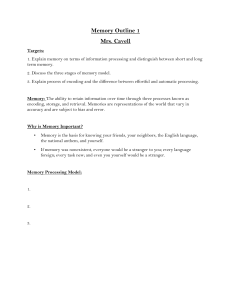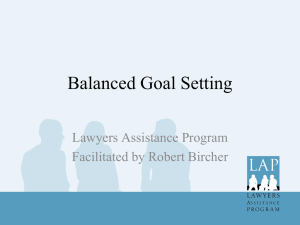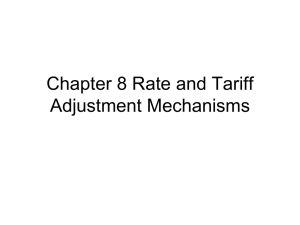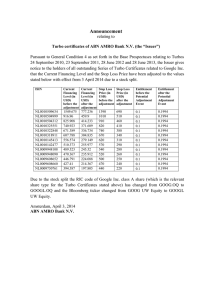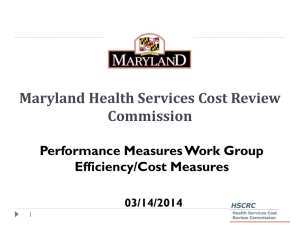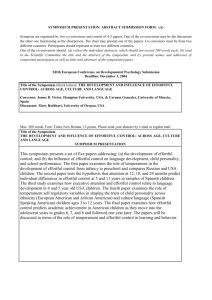Effortful Control, Behavior Problems, and Peer Relations
advertisement
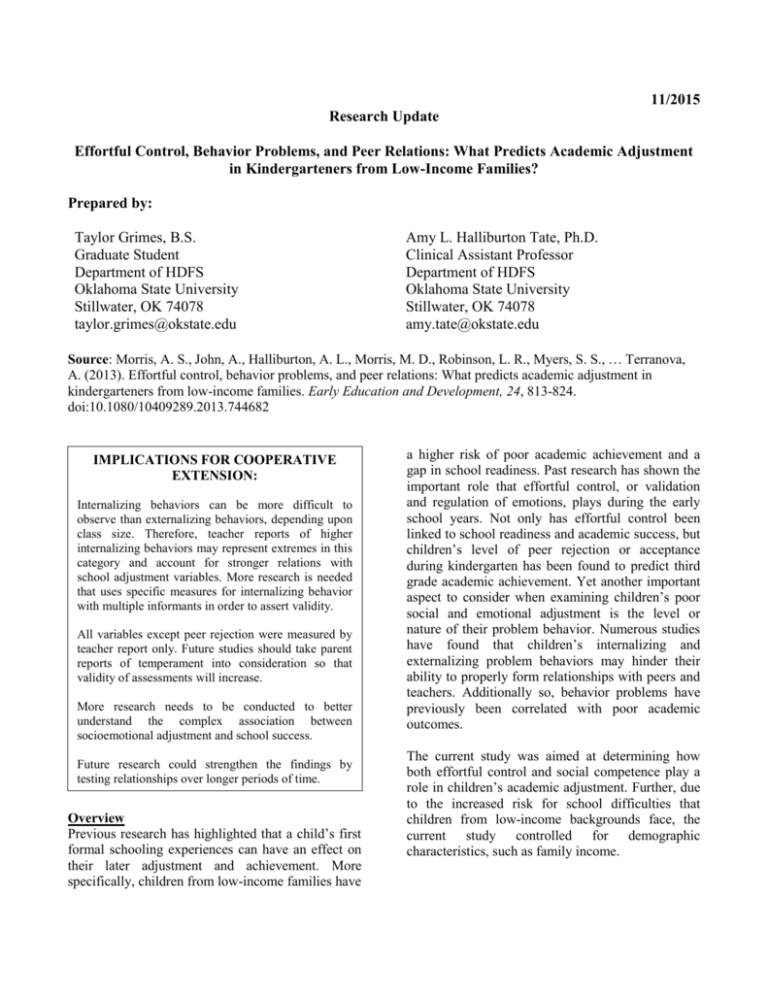
11/2015 Research Update Effortful Control, Behavior Problems, and Peer Relations: What Predicts Academic Adjustment in Kindergarteners from Low-Income Families? Prepared by: Taylor Grimes, B.S. Graduate Student Department of HDFS Oklahoma State University Stillwater, OK 74078 taylor.grimes@okstate.edu Amy L. Halliburton Tate, Ph.D. Clinical Assistant Professor Department of HDFS Oklahoma State University Stillwater, OK 74078 amy.tate@okstate.edu Source: Morris, A. S., John, A., Halliburton, A. L., Morris, M. D., Robinson, L. R., Myers, S. S., … Terranova, A. (2013). Effortful control, behavior problems, and peer relations: What predicts academic adjustment in kindergarteners from low-income families. Early Education and Development, 24, 813-824. doi:10.1080/10409289.2013.744682 IMPLICATIONS FOR COOPERATIVE EXTENSION: Internalizing behaviors can be more difficult to observe than externalizing behaviors, depending upon class size. Therefore, teacher reports of higher internalizing behaviors may represent extremes in this category and account for stronger relations with school adjustment variables. More research is needed that uses specific measures for internalizing behavior with multiple informants in order to assert validity. All variables except peer rejection were measured by teacher report only. Future studies should take parent reports of temperament into consideration so that validity of assessments will increase. More research needs to be conducted to better understand the complex association between socioemotional adjustment and school success. Future research could strengthen the findings by testing relationships over longer periods of time. Overview Previous research has highlighted that a child’s first formal schooling experiences can have an effect on their later adjustment and achievement. More specifically, children from low-income families have a higher risk of poor academic achievement and a gap in school readiness. Past research has shown the important role that effortful control, or validation and regulation of emotions, plays during the early school years. Not only has effortful control been linked to school readiness and academic success, but children’s level of peer rejection or acceptance during kindergarten has been found to predict third grade academic achievement. Yet another important aspect to consider when examining children’s poor social and emotional adjustment is the level or nature of their problem behavior. Numerous studies have found that children’s internalizing and externalizing problem behaviors may hinder their ability to properly form relationships with peers and teachers. Additionally so, behavior problems have previously been correlated with poor academic outcomes. The current study was aimed at determining how both effortful control and social competence play a role in children’s academic adjustment. Further, due to the increased risk for school difficulties that children from low-income backgrounds face, the current study controlled for demographic characteristics, such as family income. Method Design and Sample. Hypotheses were tested using data collected over a one-year period, utilizing a short-term longitudinal design. Teachers reported on effortful control in the first month of kindergarten. In the middle of the school year, teacher reports of behavior problems and child reports of peer relations were collected. At the end of the school year, teachers reported on academic adjustment. The sample consisted of seventy-four 5- to 6-yearold kindergarten children (N=41 boys; 55.4% and 33 girls; 44.6%) and their teachers (N=6). Data were collected from two public elementary schools in a large urban southern city. The sample included 45 (60.8%) White participants, 7 (9.5%) Black participants, 11 (14.9%) Latino participants, 5 (6.8%) Asian participants, 3 (4.1%) multiracial participants, and 3 (6.2%) children of other nationalities. Measures. Teachers responded to the Child Behavior Questionnaire (Goldsmith & Rothbart, 1991) so as to determine levels of effortful control. Data on children’s social competence and behavior regulation were gathered from teachers by completion of the Child Behavior Scale (Ladd & Profilet, 1996). A sociometrics interview was administered to children in order to measure peer relationships. Lastly, teachers reported on academic adjustment by comparing each child in the class on multiple skills, such as reading, writing, logical thinking, mathematics, and academic achievement or school readiness (Meisels, 1996). Results The study found that kindergarteners’ school readiness and academic achievement was strongly correlated with their ability to exhibit effortful control, regardless of gender and household income. The findings confirmed past research, which suggested that effortful control is one of the most important components of school success. Additionally, the link between school readiness and effortful control is in part indirect through children’s internalizing problems. Results also indicated that total academic adjustment can be predicted by family income even when controlling for effortful control, behavior problems, and peer relations. Overall, the findings reinforce the notion that effortful control plays a vital role in school adjustment for young children.
